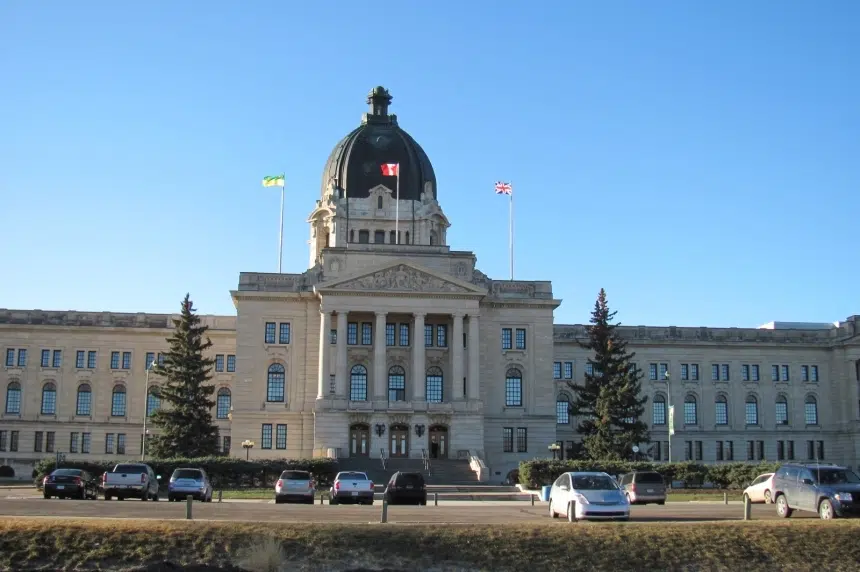Saskatchewan Premier Scott Moe wants the Trudeau government to take retaliatory measures on British Columbia over the stalling of the Trans-Mountain Pipeline project.
In a Facebook post, Moe said it’s been one month since Prime Minister Justin Trudeau and the premiers of B.C. and Alberta sat down to discuss the expansion project, and nothing has happened besides talking.
“We haven’t seen any action. We’ve seen talk of legislation, we haven’t seen introduced legislation. We’ve seen talk about how this pipeline will be built, we don’t see construction starting on this pipeline,” Moe told reporters.
On Tuesday in Calgary, Trudeau reiterated the project would go ahead, saying his government is working hard on legislative, legal and financial avenues to remove hurdles to the multibillion-dollar project as a May 31 deadline imposed by pipeline builder Kinder Morgan approaches. The company wanted a clear go-ahead by that time.
The pipeline has stalled with B.C. taking court action, filing an appeal over environmental concerns.
Moe said he really wanted the prime minister to announce Tuesday he was going to turn off the money tap to B.C. just like the feds are threatening to do with Saskatchewan over the province’s reluctance to impose a carbon tax.
“I would have liked to hear (Trudeau) say that they have put infrastructure funding to the province of British Columbia on hold until the construction of this pipeline can commence,” said Moe.
The pipeline expansion — running from roughly Edmonton to Burnaby — would triple the oil capacity of the line.
Moe wants equalization formula overhaul
Moe also wanted the Trudeau government to know he plans on bringing forth serious talks on changing a long-standing national funding agreement.
“We are going to lead a discussion on equalization reform,” he said.
The premier said he wants to renegotiate the terms of that agreement in light of Saskatchewan’s challenge in not being able to grow its economy to its fullest degree. Moe said they need to have the reform discussion before Saskatchewan becomes a have-not province, and it doesn’t necessarily have to include removing non-renewable resources from the formula.
“That may not be the part of the discussion that we put forward as we lead this discussion,” he said. “There’s other opportunities for us to look at a number of different changes to the formula, much simpler than have been presented in the past.”
Moe said he intends to have the equalization discussion with his provincial counterparts.







